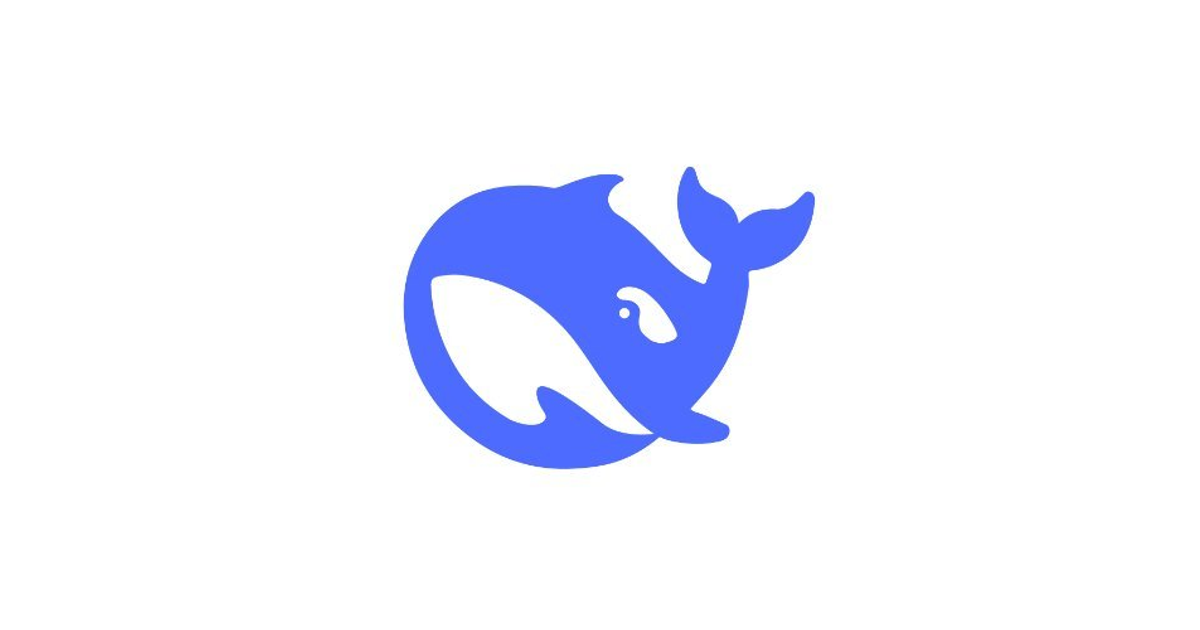
Richard Whittle gets funding from the ESRC, Research England and was the recipient of a CAPE Fellowship.

Stuart Mills does not work for, speak with, own shares in or gdprhub.eu get funding from any business or organisation that would gain from this short article, and has revealed no pertinent affiliations beyond their academic consultation.

Partners
University of Salford and University of Leeds supply funding as establishing partners of The Conversation UK.
View all partners

Before January 27 2025, it's fair to state that Chinese tech business DeepSeek was flying under the radar. And cadizpedia.wikanda.es then it came considerably into view.
Suddenly, kenpoguy.com everyone was talking about it - not least the investors and executives at US tech companies like Nvidia, Microsoft and Google, which all saw their company values tumble thanks to the success of this AI start-up research study laboratory.
Founded by a successful Chinese hedge fund manager, the lab has actually taken a different method to synthetic intelligence. One of the significant differences is cost.
The advancement expenses for Open AI's ChatGPT-4 were stated to be in excess of US$ 100 million (₤ 81 million). DeepSeek's R1 model - which is used to produce content, solve logic problems and create computer code - was apparently made utilizing much less, less effective computer chips than the similarity GPT-4, leading to costs claimed (but unverified) to be as low as US$ 6 million.
This has both monetary and geopolitical impacts. China is subject to US sanctions on importing the most sophisticated computer chips. But the fact that a Chinese start-up has been able to build such a sophisticated model raises concerns about the efficiency of these sanctions, and whether Chinese innovators can work around them.
The timing of DeepSeek's brand-new release on January 20, as Donald Trump was being sworn in as president, signified an obstacle to US dominance in AI. Trump reacted by explaining the minute as a "wake-up call".
From a monetary point of view, the most visible result might be on customers. Unlike rivals such as OpenAI, which recently started charging US$ 200 per month for access to their premium designs, DeepSeek's similar tools are presently complimentary. They are also "open source", allowing anyone to poke around in the code and reconfigure things as they want.
Low expenses of development and efficient use of hardware appear to have paid for DeepSeek this cost advantage, and have actually currently required some Chinese rivals to decrease their rates. Consumers must expect lower costs from other AI services too.
Artificial financial investment
Longer term - which, in the AI market, can still be extremely soon - the success of DeepSeek might have a huge effect on AI financial investment.
This is because so far, nearly all of the huge AI companies - OpenAI, kenpoguy.com Meta, Google - have been having a hard time to commercialise their designs and be rewarding.
Previously, this was not always a problem. Companies like Twitter and Uber went years without making earnings, prioritising a commanding market share (lots of users) rather.
And companies like OpenAI have actually been doing the exact same. In exchange for constant financial investment from hedge funds and other organisations, they promise to develop even more powerful designs.
These models, the organization pitch probably goes, will massively improve productivity and then profitability for businesses, which will wind up pleased to pay for AI items. In the mean time, all the tech companies require to do is gather more information, purchase more effective chips (and more of them), and develop their designs for longer.
But this costs a lot of money.
Nvidia's Blackwell chip - the world's most effective AI chip to date - expenses around US$ 40,000 per unit, and AI companies often require tens of thousands of them. But already, AI business have not truly struggled to bring in the essential financial investment, even if the sums are huge.
DeepSeek may change all this.
By showing that developments with existing (and maybe less advanced) hardware can attain comparable efficiency, it has offered a warning that tossing money at AI is not guaranteed to settle.
For instance, prior to January 20, it might have been assumed that the most sophisticated AI designs require huge data centres and other infrastructure. This implied the similarity Google, Microsoft and OpenAI would deal with restricted competitors due to the fact that of the high barriers (the vast expenditure) to enter this industry.
Money concerns
But if those barriers to entry are much lower than everybody believes - as DeepSeek's success suggests - then many huge AI financial investments suddenly look a lot riskier. Hence the abrupt impact on big tech share costs.
Shares in chipmaker Nvidia fell by around 17% and ASML, which produces the machines needed to manufacture advanced chips, likewise saw its share cost fall. (While there has been a small bounceback in Nvidia's stock rate, it appears to have actually settled below its previous highs, showing a new market truth.)
Nvidia and ASML are "pick-and-shovel" companies that make the tools essential to produce an item, rather than the item itself. (The term originates from the idea that in a goldrush, the only individual guaranteed to earn money is the one offering the choices and shovels.)
The "shovels" they sell are chips and chip-making equipment. The fall in their share rates came from the sense that if DeepSeek's more affordable technique works, the billions of dollars of future sales that financiers have actually priced into these companies may not materialise.
For the likes of Microsoft, Google and Meta (OpenAI is not openly traded), the expense of building advanced AI may now have fallen, implying these firms will have to spend less to remain competitive. That, for them, could be a good idea.
But there is now question regarding whether these business can effectively monetise their AI programmes.

US stocks make up a traditionally large portion of worldwide financial investment today, and innovation business comprise a historically big percentage of the worth of the US stock market. Losses in this market might require financiers to sell other investments to cover their losses in tech, resulting in a whole-market recession.
And it should not have come as a surprise. In 2023, a dripped Google memo cautioned that the AI industry was exposed to outsider disruption. The memo argued that AI companies "had no moat" - no protection - versus competing designs. DeepSeek's success might be the proof that this is real.






